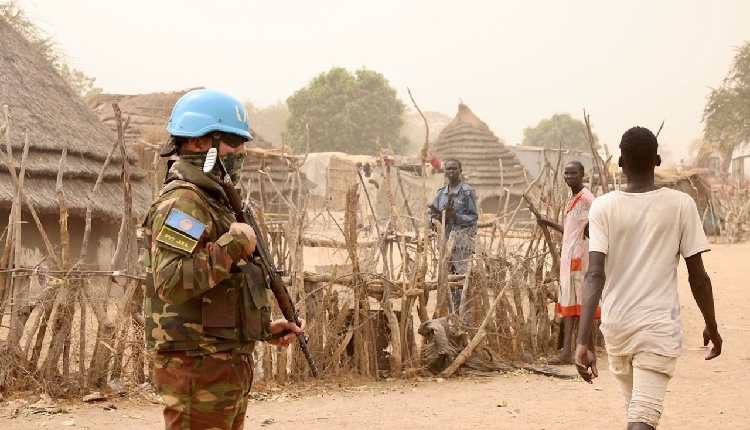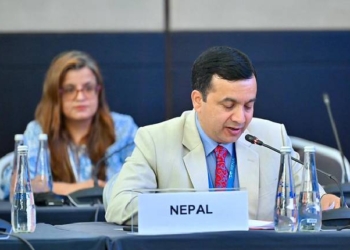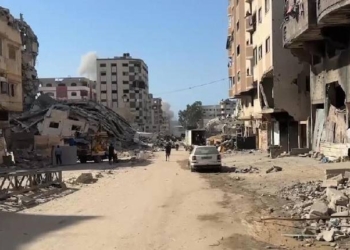Juba: The United Nations relief agency on Monday called on all stakeholders to prioritise the safety and security of aid workers in South Sudan.
Anita Kiki Gbeho, the UN humanitarian coordinator for South Sudan, said 24 attacks on aid workers have been recorded so far in 2024 as the country remains one of the most risky environments for humanitarian workers.
“Without a safe space for aid workers, we risk failing the millions who depend on it,” Gbeho said in a statement issued in Juba, the capital of South Sudan, to mark World Humanitarian Day, Xinhua news agency reported.
According to the UN Office for the Coordination of Humanitarian Affairs (OCHA), access constraints across the country hamper efforts to deliver urgent, life-saving assistance to the most vulnerable populations.
The UN agency said the ability of the aid workers to operate without fear is vital to ensuring that life-saving assistance reaches those in need.
According to OCHA, about 7.1 million people, or 56.3 per cent of South Sudan’s total population, are projected to face crisis-level or more severe food insecurity in 2024.
The statement said that the Humanitarian Needs and Response Plan, which seeks to assist 6 million people with an appeal of 1.8 billion U.S. dollars, remains underfunded at 31.5 percent.
Between January and July, OCHA said, 267 humanitarian access incidents were reported, with 135 incidents involving direct violence against humanitarian personnel and assets, including 28 incidents of looting and theft.
It said that escalating insecurity has forced 15 humanitarian staff to relocate from their operational areas.
“On World Humanitarian Day, we honour the bravery and sacrifice of humanitarian workers who have lost their lives in the line of duty,” Gbeho said. “Their unwavering commitment to alleviating suffering and delivering assistance to those in need cannot be overstated.”
The UN agency said nine million people are projected to require humanitarian and protection assistance in 2024, adding that a protracted humanitarian crisis founded on chronic food insecurity and spillover of the Sudan conflict into South Sudan has resulted in the movement of over 780,000 refugees and internally displaced people.
Uncertainty in the face of critical political events necessary for a successful transition, a rapidly deteriorating economy, and projected record levels of flooding set to peak in September have affected South Sudan’s humanitarian and economic outlook, OCHA warned.
(IANS)
















